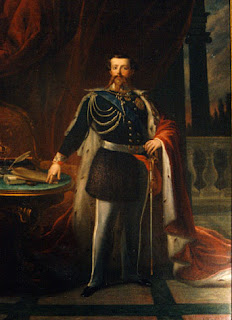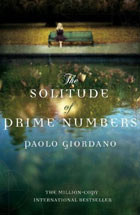Naples '44 is an autobiographical account of a British army intelligence officers experience in Naples in 1944. It's a beautifully written even-handed portrayal of the craziness of war, told with affection and intelligence.
The book is based on Norman Lewis' diary entries, during the time when he was an intelligence officer in Italy, attached to the Allied forces. It flows nicely as he details life in Naples, from the locals and their superstitions and circuitous way of speaking to the disorder and frank ineptitude of certain members of the Allied forces. He's able to move around Naples and the local area with relative impunity due to his intelligence officer status and incredibly useful Italian language skills. This allows him to explore the local culture, generating contacts and delving deep into local life, even to an extent where he wonders if his superiors feel his sympathetic understanding of the locals may compromise his judgement.
Norman Lewis writes in a lively and compassionate fashion, often not only describing an incident but also its emotional impact as his experiences in Italy change him. Here's a typical example:
'Only at this point did I realise the tragic significance of the request, and that this skinny, undeveloped little girl was a child prostitute. The scugnizzi of Naples and Benevento are intelligent, charming and above all philosophical... and this female version of the breed was in no way different from her male counterparts. Much as she may have been disappointed by my rejection of her services, nothing but good humour showed in her face. She bobbed something like a curtsy. 'Perhaps I'll take the biscuits after all,' she said. Then, with a wave, she was off.'
The combination of social comment, war reporting and insights into the local culture made it really hard for me to put this book down. I'm not usually that interested in war books, but with the balanced views of the author being the conduit between the Allies in Italy and the Italians, it makes for fascinating reading, and I can heartily recommend it.
This book review is my March entry for the Italy in Books reading Challenge. If you fancy reading it yourself (and live in the US or can deal with the shipping), you can buy it from the Lazioexplorer Amazon store here.





